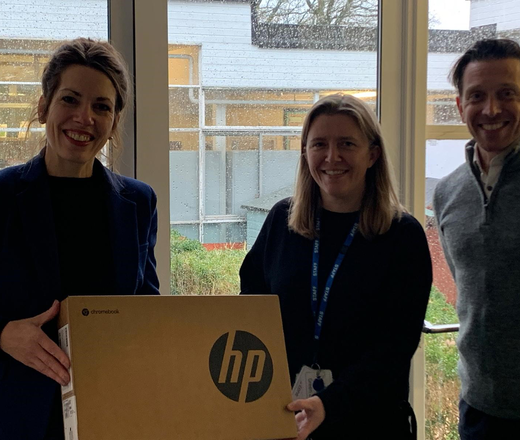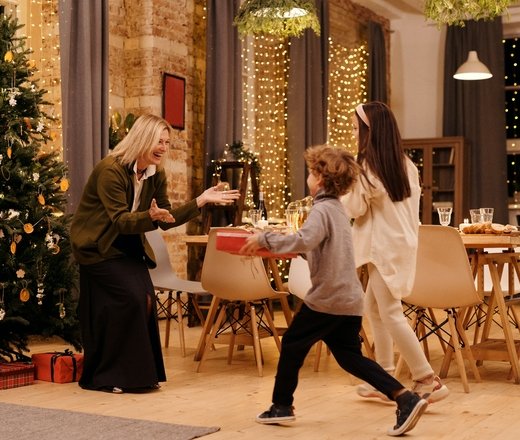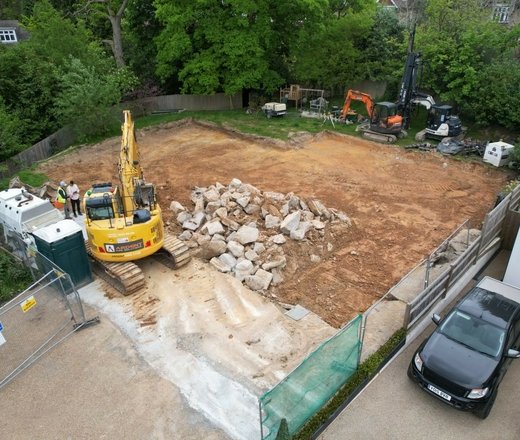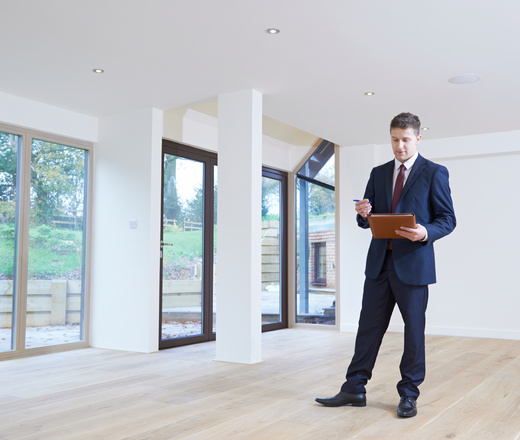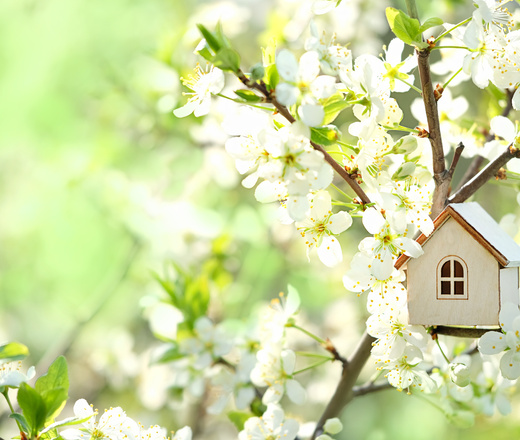There are many reasons why buying a flat is the perfect option for many people. It could be that they are first-time buyers trying to get onto the property ladder, they may want to downsize, add to an investment property portfolio, or have a UK base that they can “lock up and leave”. If you are considering this option, there are a few extra things that you need to consider and in this article from Maddisons Residential, the multi-award winning estate agent based in Tunbridge Wells and selling properties throughout Kent and Sussex we bring you our guide to buying a flat and our checklist, which we hope will be of help.

Flats can either be purchased freehold or leasehold with the latter historically being more common. With a freehold property you own the land and the property on it but with a leasehold property you only own the property and not the land.
If you are buying a leasehold flat, the lease is a written agreement, which spells out your rights and responsibilities. Every time the flat is sold, the lease passes on, so the length of the lease will keep reducing. Leases give you the right to live in the property for a defined number of years, which usually range from 99 to 999 years. One advantage of a leasehold flat is that you share the cost of maintaining the building with the freeholder normally organising the works.
A share of the freehold typically means that all of the flat owners own the building. This is quite often through a company in which every owner has a share. It is important to note that you still have a lease and must abide by the rules, regulations and terms contained within it.
Extending A Lease
Extending a lease is governed by the Leasehold Reform, Housing and Urban Development Act 1993, which was amended by the Commonhold and Leasehold Reform Act 2002. In order to do this, you must have a lease which when granted was for a term of more than 21 years and you must have owned the lease for a minimum of 2 years. You then serve a notice to the freeholder stating what you are prepared to pay for the extension of your lease. The leaseholder can then come back to you with a price at which he is prepared to sell and this is negotiation time but if you cannot reach an agreement, it can be referred to a tribunal who will then determine the figure.
After owning the property for 2 years, you should have the right to extend the lease by 90 years. It’s important to note that if the remaining lease goes below 80 years, you may have to pay an increasing premium to the freeholder. Most mortgage companies will only lend on a lease that has more than 80 years remaining.
Ground Rent, Service Charges
Ground rent is often an annual amount, which is paid to the landlord. Service charges are paid to cover the maintenance and the insurance of the building and are normally paid to the managing agents. These costs can vary quite considerably depending on the services that are provided. It is the law that these charges remain at a reasonable rate.
Sinking Funds
This is contributed to every month and is a long-term savings account with the aim that it should pay for any works that are required on a property over a period of time. These could include major works such as replacing a roof, boiler or lift and painting all the communal areas and exterior. It means that if these works are required, there is money in the pot to cover it.
Management Companies/Agents
These are quite often hired by the landlord to arrange any maintenance, repairs, services or insurance that is required. They are there to quite literally deal with all aspects of management.
Maintenance Of The Building
If you buy a freehold flat, the maintenance is normally your responsibility but for a leasehold flat, it is the owner of the building, normally the landlord who maintains the shared parts of the building. Quite often this is arranged through a professional managing agent who will recover your share of the cost through the service charge.
Check List For Buying A Flat
- Understand the terms freehold, leasehold and shared freehold and know what you are buying
- Know the length of lease that you are buying and the implications
- Understand how a lease can be extended
- Check the annual ground rent
- Check the monthly maintenance/service charges
- Check the amount of money that has built up in the sink fund
- Understand how essential repairs are paid for
- Always have a survey carried out as the interior is important and the survey should also check the state of the building
- Check whether pets are allowed
- If you intend to run a business, check that you can
- If you want to let the flat, ensure that this is possible
Market your property with Maddisons Residential
For many, the first point in their house moving journey, is to understand the value of their current home. Whether you want a quick, instant, online indication, or a more robust property specific and individual valuation, we would be delighted to help.
